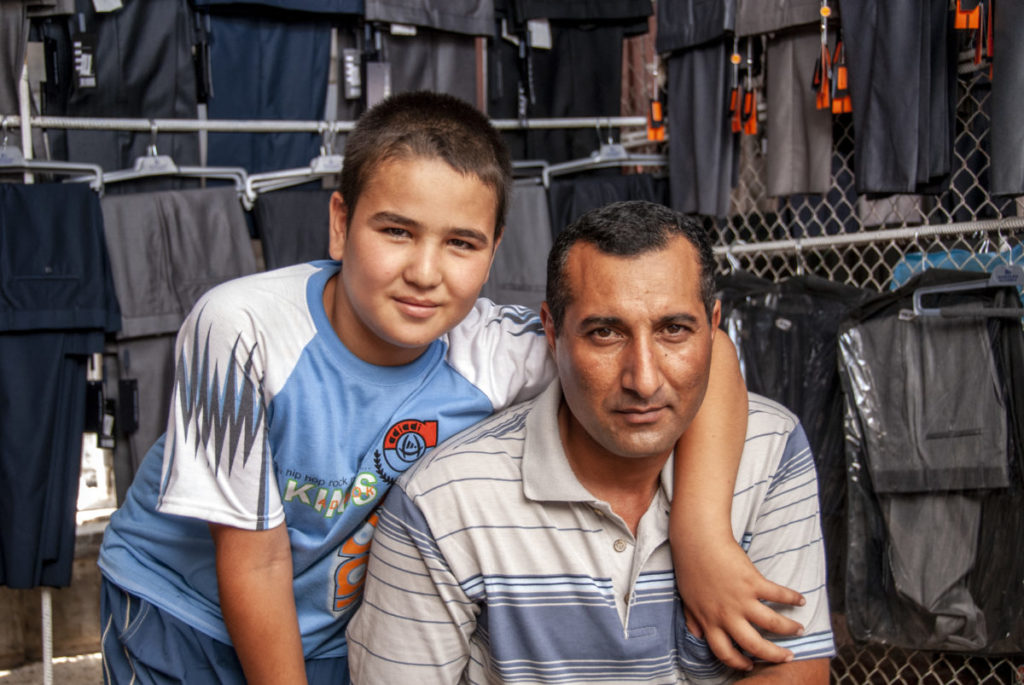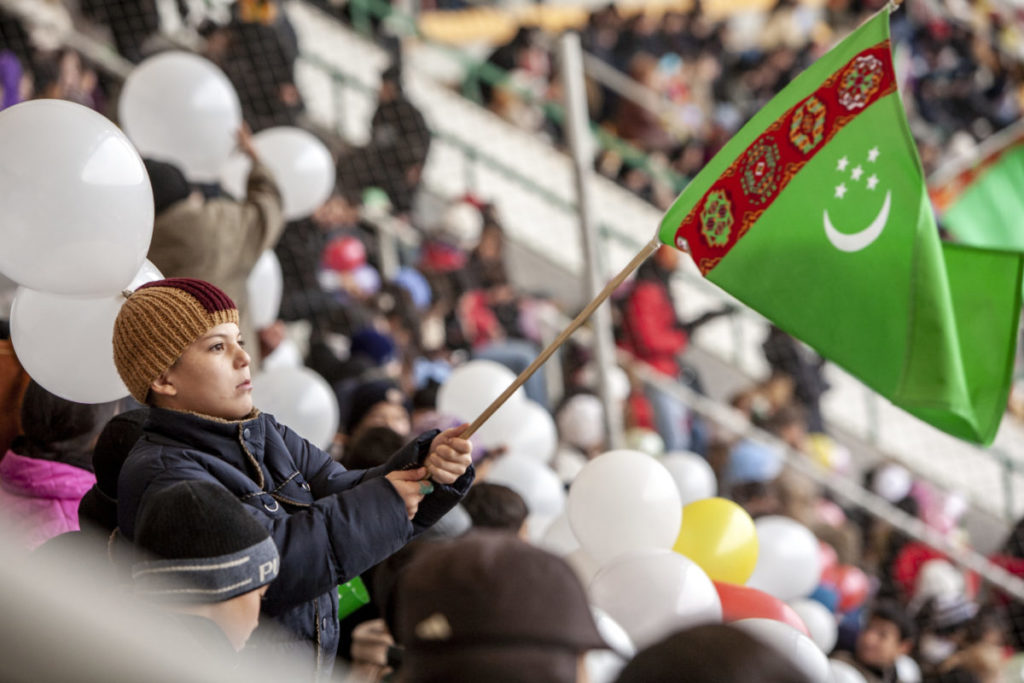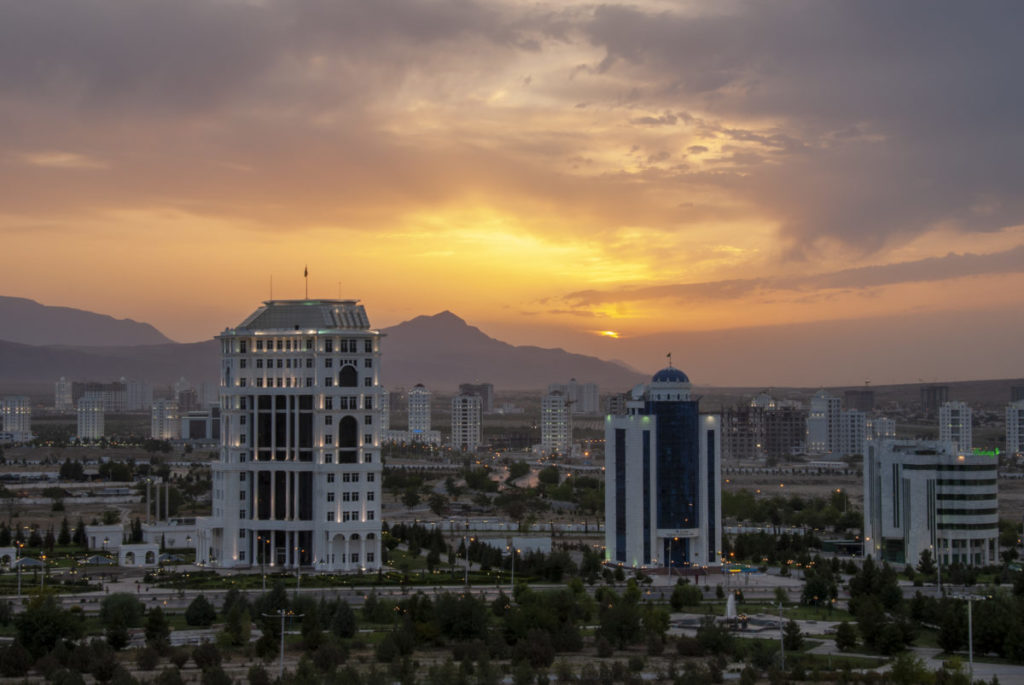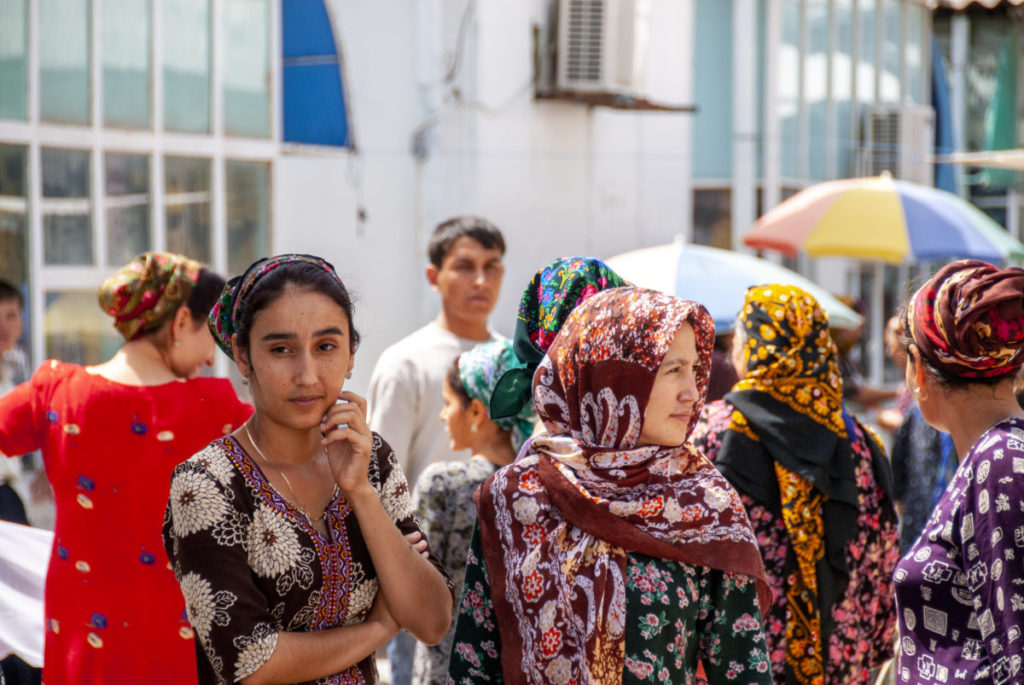
EDITOR’S NOTE: This year’s Week of Prayer for International Missions in the Southern Baptist Convention is Nov. 28-Dec. 5, with a theme of Together. The theme parallels the Lottie Moon Christmas Offering for International Mission’s theme of Let’s Advance God’s Kingdom Together. The offering provides a significant portion of the IMB’s annual budget and 100 percent of the funds go to mission work on the field. Gifts to the Lottie Moon offering are received through local Southern Baptist churches or online at IMB.org/lmco, where there are also resources to help promote the offering. This year’s goal is $185 million.
Critically broken. These words describing the lives of Turkmen families are heavy with the weight of millions of hard choices.

Life in Turkmenistan, one of the most repressive countries in the world according to those in the region, causes many Turkmen to look for an escape route. Political and social stressors play a role, but a lack of basic necessities is the driving force.
“Life has been very difficult in Turkmenistan,” says Lara Bingham*, an IMB worker in Central Asia. “They’ve not had access to regular products, like flour and sugar. They’re standing in long lines each day just to get eggs.”
Feeling they have no options, mothers make the choice to leave babies with family members to find work in Turkey. Men move to Moscow as migrant laborers despite low wages and harsh treatment. Husbands, wives, brothers, sisters, children – Turkmen families are fractured and spun out across a continent to survive.
“There seems to be a desperation among the people. They can’t make ends meet within the country, so they go out,” explains Anthony Bingham*, Lara’s husband.

In Turkey alone, an estimated 1-2 million Turkmen people are working as migrants. The total Turkmen population within Turkmenistan is only about 4.5 million, so the large number of people leaving reflects the desperation families feel.
Sometimes that restlessness opens their hearts to answers beyond money. Some who move abroad are able to hear the Gospel for the first time.
“God is doing things; people are coming to faith,” Anthony says. “But coming to faith means you are signing up for a rougher life.”
Persecution is rampant in Turkmenistan, where Islam is the majority religion and religious liberties are not protected. When people identify themselves as believers in Jesus, they risk losing their jobs. Their families often reject them, and police beatings and false accusations are common.
“Combine that with the already dysfunctional relational aspects of life, and believers really have a hard time,” Anthony says.

Despite this reality, some believers have returned to Turkmenistan “even though they feared it was a death sentence,” Lara says. Others are making plans to return. Lara sees this as a hopeful step for families stretched and broken in the quest for financial security.
“Most of these Turkmen leave their children, even their babies, in Turkmenistan, with lost family. … It is a critically broken process within the church, because these women still feel like that’s what they should do.”
Lara describes one couple who have put their faith in Jesus. They haven’t seen their son in years, and they are realizing they need to go back and raise him in the faith.
“It’s a promising perspective for this one family. And it seems at least two other families are thinking along those same lines,” she says. “It’s a systemic problem, but this newer generation might turn it around.”
*Names changed for security

















